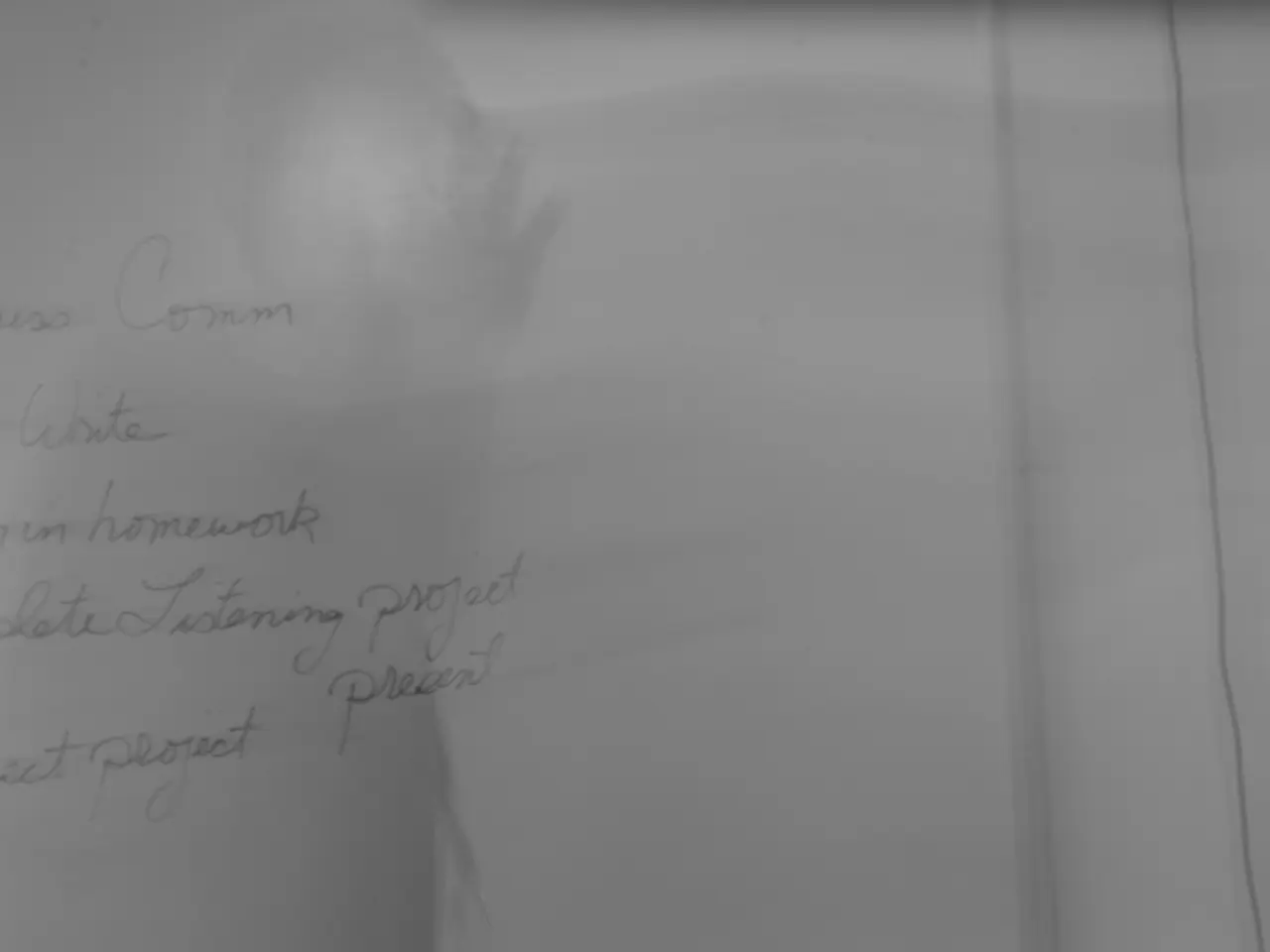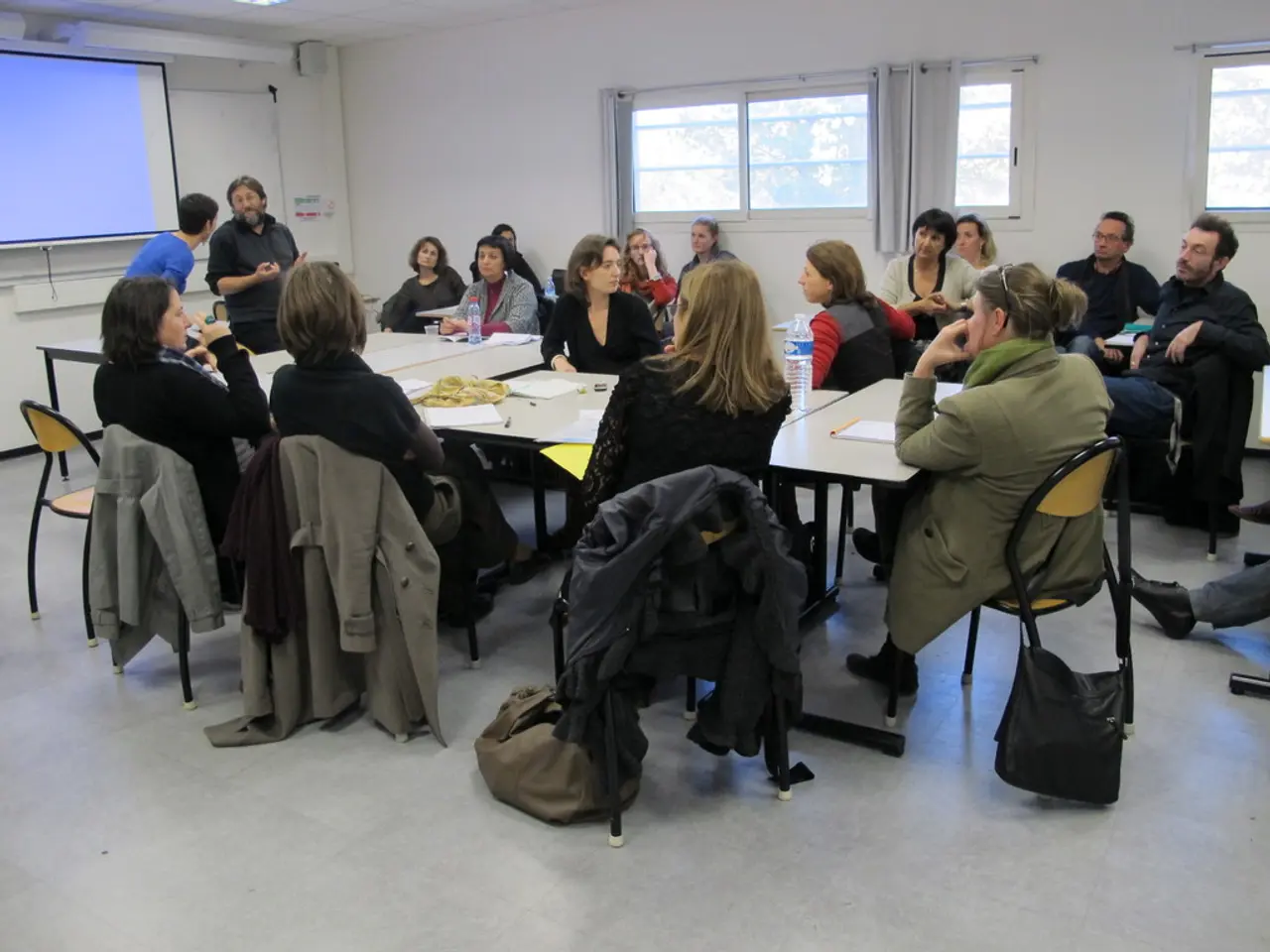The Impact of the Halo Effect on Human Survival Species
The halo effect, a cognitive bias that influences our overall perception of a person or entity based on a single positive attribute, is a ubiquitous phenomenon that affects us all. This bias, which can perpetuate stereotypes and biases, has far-reaching implications for our decision-making processes, social interactions, and even societal structures.
In individual contexts, the halo effect can lead to misjudgments in hiring, education, and social judgments. For instance, employers might favor candidates who present well or have attractive resumes, overlooking qualifications that are more relevant to job performance. Similarly, teachers may unconsciously grade students more favorably based on their initial impressions or personal likability, rather than actual performance.
In societal contexts, the halo effect can impact group dynamics and societal cohesion. Misjudgments influenced by the halo effect can lead to misplaced trust in leaders or institutions, resulting in poor governance or ineffective policies. The halo effect can also perpetuate stereotypes and biases that hinder social progress and equality.
The halo effect is not limited to face-to-face interactions. It also plays a role in our digital lives, influencing our trust in social media influencers, politicians, and even the brands we choose to support. Influencers often cultivate specific traits that lead followers to attribute additional positive qualities to them, potentially leading to misguided trust or investment in their recommendations. Companies use attractive spokespeople or endorsements to create favorable impressions of their products, leading consumers to make purchases based on perceived quality rather than actual performance.
From an evolutionary standpoint, the halo effect may have conferred advantages in social interactions by helping early humans determine trustworthiness and social standing within groups. Favorable traits such as attractiveness or strength could signal health and genetic fitness, prompting individuals to form positive associations with those exhibiting these traits. However, in today's world, these superficial traits often have little bearing on a person's abilities or qualifications.
Understanding and addressing the halo effect can enhance decision-making capabilities and improve outcomes in critical areas affecting human survival. Raising awareness of cognitive biases empowers individuals to recognize when their judgments may be influenced by the halo effect. Encouraging critical thinking can foster more balanced assessments of people and situations.
By implementing structured evaluation criteria and promoting objective evaluation, we can reduce reliance on subjective impressions in hiring and educational settings. This, in turn, can promote meritocracy and reduce inequities. Recognizing the halo effect can prevent systemic errors and improve governance, policymaking, and social cohesion by ensuring decisions are based on comprehensive and relevant information.
In conclusion, understanding and actively managing the halo effect supports better judgment, more just social structures, and improved outcomes for groups. By reducing cognitive biases that cause people to generalize positive traits based on limited information, we can foster fairer and more accurate assessments of others. This improvement scales up to societal structures by fostering more equitable social interactions, effective leadership, and inclusive systems, which enhances collective survival through better cooperation and decision processes.
- In the realm of social media, the halo effect can influence our trust in influencers, as their cultivated traits may lead followers to attribute additional positive qualities to them, potentially resulting in misguided trust or investment in their recommendations.
- Beyond entertainment and politics, understanding the halo effect is crucial, as it has far-reaching implications for general news and societal structures, capable of impacting group dynamics and societal cohesion.
- By promoting critical thinking and structured evaluation criteria, we can reduce reliance on the halo effect in areas such as hiring, education, and policymaking, fostering equal opportunities, fairer systems, and ultimately, enhancing overall social evolution and survival.








